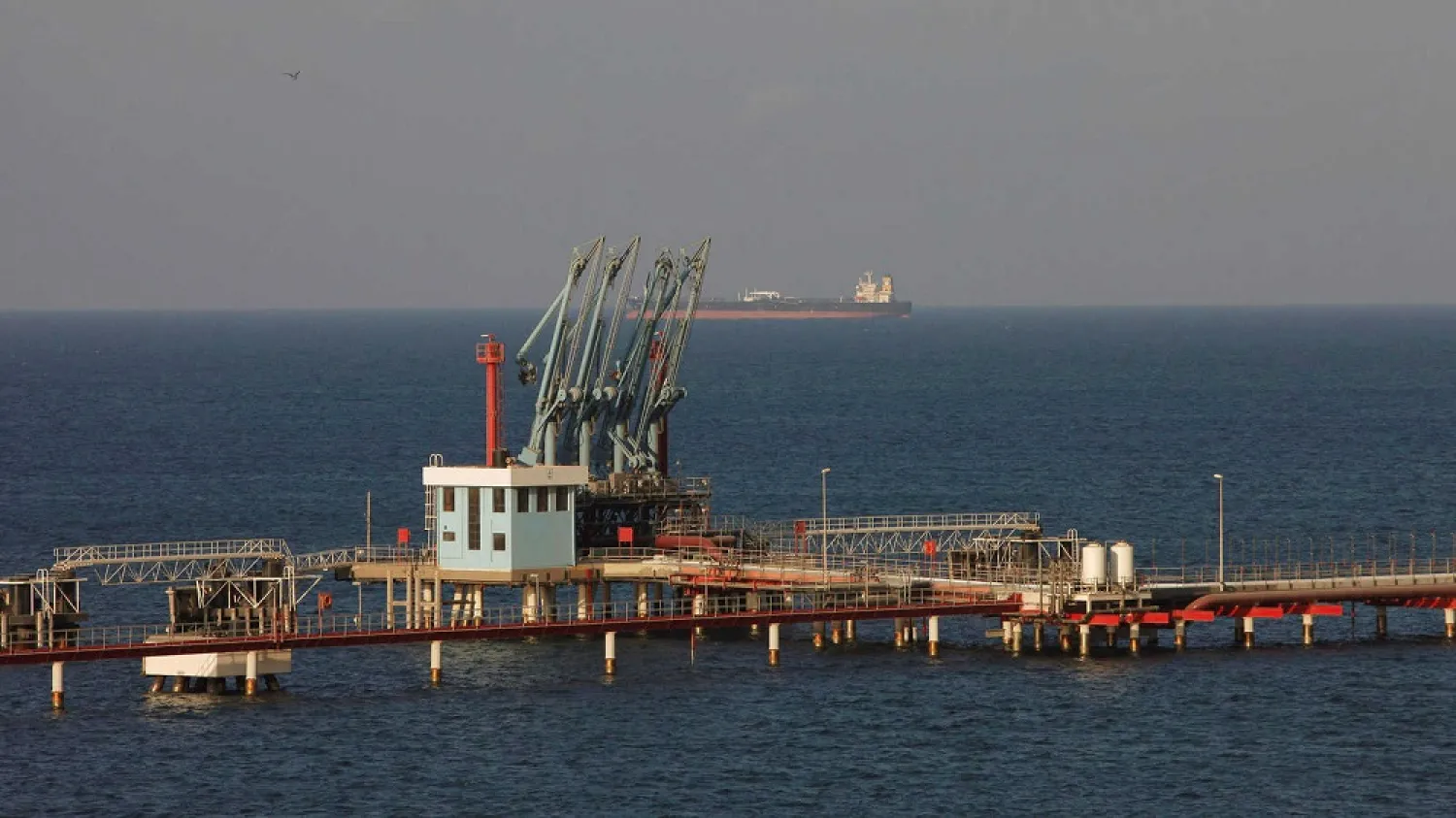US Ambassador to Libya Richard Norland expressed concern over any future halt in the country’s oil exports.
He made his remarks during a meeting with National Oil Corporation (NOC) Chairman Mustafa Sanalla on Monday “to share concerns that a further shutdown of Libya’s energy sector would harm all Libyans,” said the US embassy in a tweet.
The ambassador is based in Tunisia and the embassy did not specify the location of the meeting with Sanalla, who is affiliated with the Tripoli-based Government of National Accord (GNA).
Sanalla, for his part, did not disclose details of the talks.
Meanwhile, the Petroleum Facility Guards (PFG), based in the west, declared that the GNA has a week to go back on its decision to end their wage hike, threatening to shut down the Zawiya Refinery if it does not comply.
The guards, who are affiliated with Libyan National Army (LNA) commander Khalifa Haftar, had on Sunday halted exports at the Es Sider, Hariga and Ras Lanuf ports in protest against unpaid wages and unmet pledges. They resumed operations on Monday.
Separately, Britain welcomed the statement of the 5+5 joint military committee marking three months since the October 23 ceasefire agreement. “We commend the important strides the JMC has taken towards its implementation in Libya,” tweeted the British embassy.
It said it will continue to support the committee and United Nations Support Mission in Libya in the implementation of the ceasefire.
“We call on all parties to accelerate efforts to implement the agreement, including the immediate repatriation of all foreign forces and mercenaries and on the opening coastal road,” it urged.









